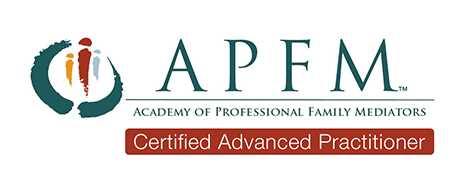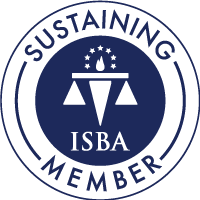“Never ruin an apology with an excuse.” Benjamin Franklin
What is the major difference between happily married couples and those deciding to end things?
Some would offer that happily married couples get along better. But, John Gottman–the premier researcher on relationships–found that happily married couples experience as much conflict as unhappy couples.
So what is different? Gottman found that, rather than fewer conflicts, happy couples know how to take care of each other as they work through conflict. Even more–each spouse knows how to repair any damage they cause the other. In short–they know how to apologize. We can all learn from them.
A relationship-building apology contains three parts.
Part One–Own your behavior
This step sets the crucial foundation–own your behavior. Then, say, “I’m sorry.”
It can be good to start with how our behavior has affected the other person. “I know I hurt you when I . . .” Then, we follow with an ownership of what we did wrong. What we did that damaged the other person.
“I know I hurt you when I lashed out. I’m sorry.”
“I know I embarrassed you by making fun of you at the party. I’m sorry.”
“I know I betrayed your trust when I lied about where I was. I’m sorry.”
When we own our behavior, we put ourselves on the line for the sake of the relationship. We own what we did that harmed the relationship in order to make it right.
Part Two–Admit you were wrong
After recognizing the other’s hurt, we detail why what we did was wrong. “Lashing out doesn’t treat you with the respect you deserve. I’m upset, but I should have spoken to you calmly. I was wrong.”
“I should never gain a laugh at your expense. I put my need for attention from others ahead of taking care of you. I was wrong.”
“I was afraid of how you would react if I told the truth, so I lied. I betrayed us to take care of me. In the future, I will be fully open with you. I was wrong.”
Specifically detailing what we did wrong lets the other person know we realize what we did. Why it was wrong. And, how it hurt them. Then, we offer what we will change in the future to keep from hurting them again. Spouses in happy couples commit to making these changes in order to protect the other and to build trust.
Absolute must–refrain from any excuse or explanation. Often we want others to understand why we acted as we did. But, the purpose of an apology is to minister to the other person. To acknowledge our wrong. And, to own making it right.
When we explain–instead of giving to the other, the explanation actually asks them to give to us. To give understanding. To give up their right to be angry. To give us the comfort of getting out of trouble with them.
If the person trusts us, there will come a moment they will ask for an explanation. They will be ready to give understanding or even acknowledgment of their own behavior. If the person doesn’t trust us, the excuse will only deepen the hurt and drive them farther away. So, ditch the explanations–unless and until asked.
Part 3–Ask for forgiveness
In the meantime, do some asking of your own. Ask for forgiveness.
Forgiveness holds relationships together. We all fail each other. Then, we feel guilty.
Guilt should drive us to set right the wrongs we cause others. When we ask for forgiveness, we acknowledge that we are in debt to the other. We ask their grace in releasing us from that debt.
Their forgiveness sets both people free to once again trust. To be vulnerable. To continue growing closer. The very core of a happy relationship.
Do you want to build a healthy relationship? Learn to apologize.
For couples needing more assistance in repairing their relationship, The Resolution Center offers marital mediation. We help struggling couples move from the marriage they have to the marriage they want. For more information call 317-344-9740 or email info@TheResolutionCenterIndy.com.





